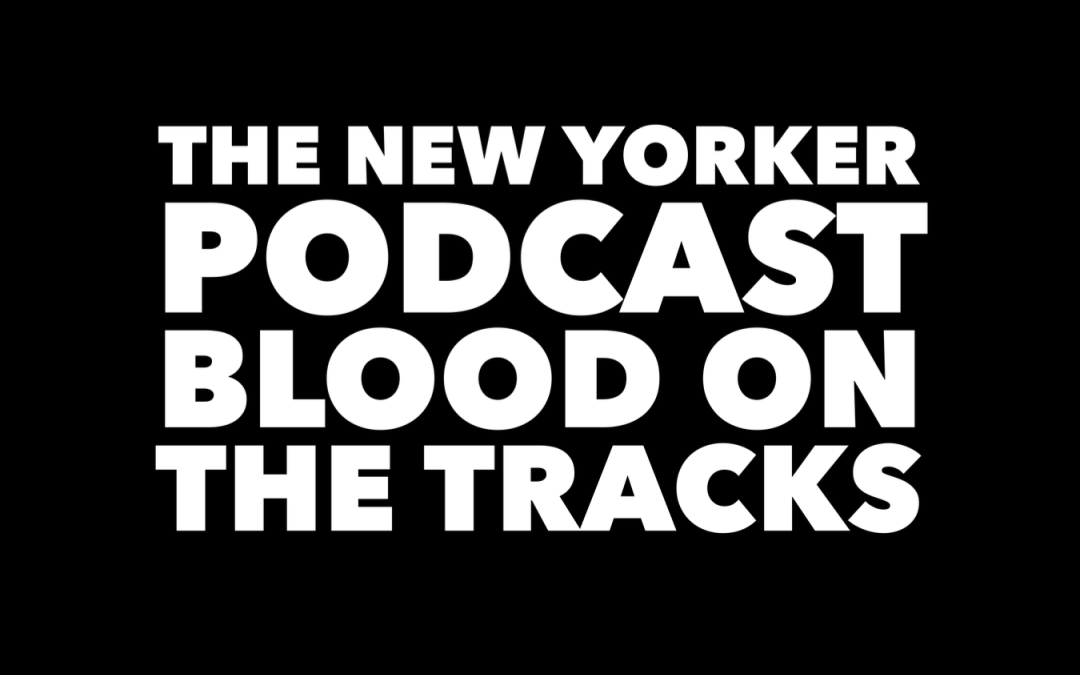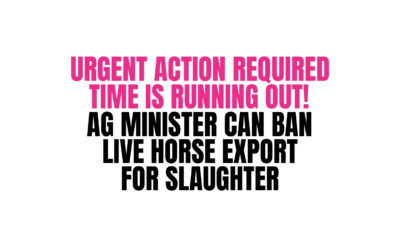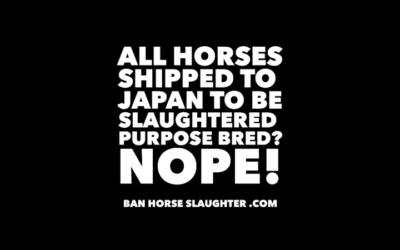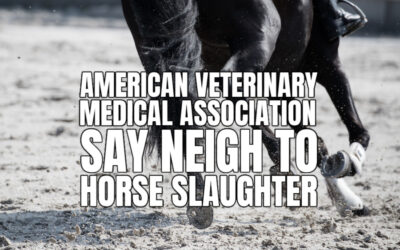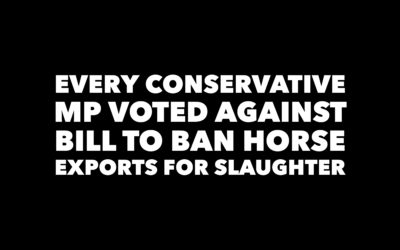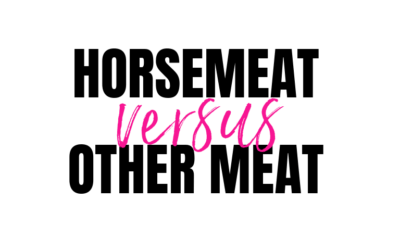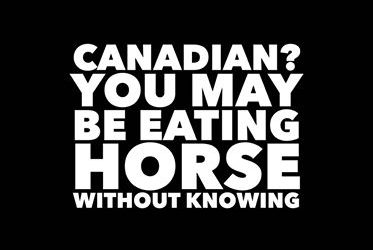CAN HORSE RACING SURVIVE?
In a time of changing sensitivities,
an ancient sport struggles to justify itself.
In 2019, dozens of thoroughbreds died at California’s Santa Anita Park.
As outrage built, the industry was forced to contend with an existential question:
Is racing inseparable from cruelty to animals?
MAY 15, 2021 – By William Finnegan
The linked article is long but a very worthwhile read or listen.
Yes, I said read or listen. There’s an audio file linked near the top of the article, a podcast – so you may choose to listen instead of reading.
Published in the print edition of The New Yorker on May 24, 2021, with the headline “Blood on the Tracks.”…
This article is a wealth of information about horse racing, in the United States and the information – and the industry – includes strong ties to Canada as well.
For that reason we’ve chosen to feature this article for a second time.
P.S. Our followers from Australia and New Zealand will find it interesting too.
What happened at the Breeders’ Cup World Championships in late 2019 looked like the end of horse racing in California, maybe in America.
It was the twelfth and final race of a two-day series, at Santa Anita Park, the storied track near Los Angeles. Sixty-eight thousand people packed the Art Deco grandstand, the apron, the infield, the high-priced suites.
The “handle”—the total betting for the day—was a healthy hundred and seventeen million dollars, but thoroughbred racingitself was on life support.
Since the beginning of the year, thirty-five horses had died at Santa Anita.
Public dismay had risen to the point that Gavin Newsom, California’s governor, had told the Times that racing’s “time is up” if it did not reform.
Dianne Feinstein, the state’s senior senator, had released a letter calling the Breeders’ Cup races a “critical test for the future of horseracing.”

T-SHIRTS IN SUPPORT OF HORSE RESCUE FUND
LIMITED TIME OFFER FREE SHIPPING CANADA & USA
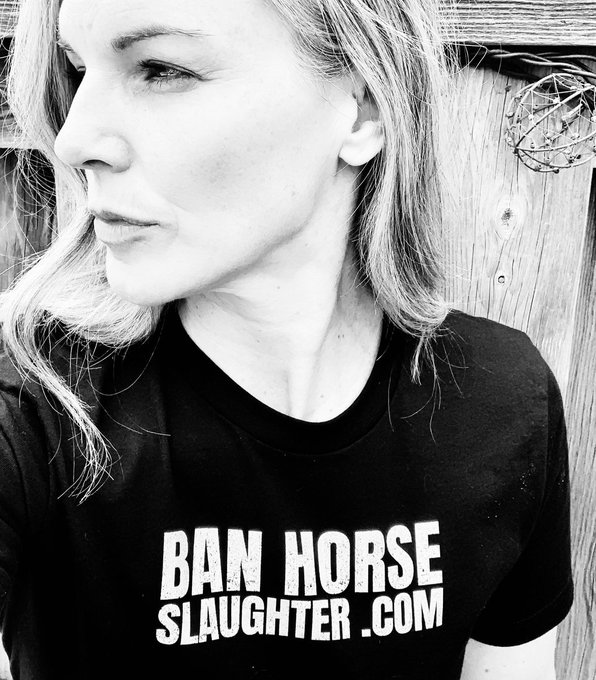
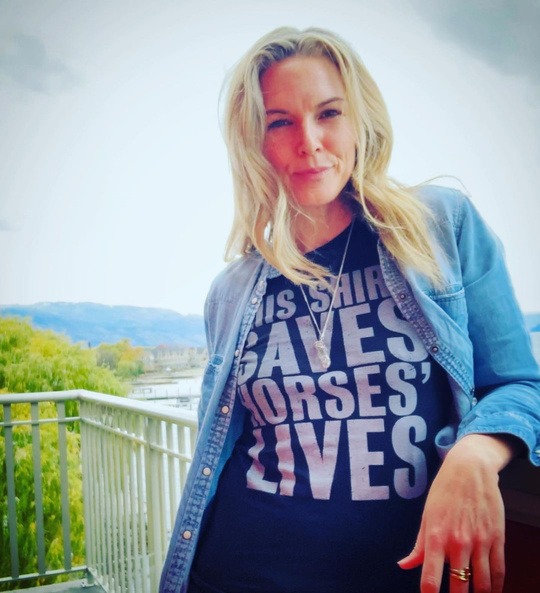
AG MINISTER CAN END LIVE EXPORT
IS BILL C-355 DEAD & WHAT'S NEXT?On January 6, 2025, Governor General Mary Simon granted Prime Minister Justin Trudeau’s request to prorogue Parliament until March 24, 2025. Prorouging stops all parliamentary business; members of Parliament are sent home, no...
SHOW HORSES SHIPPED TO JAPAN FOR SLAUGHTER
First published August 31, 2022 - UPDATED December 14, 2024. Have you ever wondered who is behind exporting horses from Canada to Japan for the purpose of slaughter for human consumption?According to an article from Ontario Farmer magazine titled: HORSES STILL HEAD TO...
PUBLIC HEALTH RISKS OF HORSEMEAT
AMERICAN VETERINARY MEDICAL ASSOCIATION Quotes are taken from a review published January 26, 2023, titled A review of horses sent to slaughter for human consumption: impact of horsemeat consumption, residual banned drugs, and public health risks...the exportation of...
BOUVRY FINED
JANUARY 6, 2025 BOUVRY FINED A "guilty plea of sorts" today for Bouvry. Instead of going through with scheduled court dates, Bouvry will pay... $17,000.00 in fines and surcharges. Plus a small fortune they would’ve likely dished out for Calgary counsel. January 6,...
CONSERVATIVES IN FAVOUR OF HORSE SLAUGHTER
SOCIAL MEDIA WRONGLY BLAMING PM TRUDEAU Recently on social media, we’ve noticed some advocates blaming Prime Minister Trudeau for the ongoing export of horses from Canada to Japan and other markets for the purpose of slaughter. We are thankful that Prime Minister...
HORSE MEAT VERSUS BEEF
WHAT'S THE DIFFERENCE BETWEEN EATING HORSE MEAT VERSUS CHICKEN, PORK, LAMB OR BEEF?That is a fair question and one that those of us dedicated to ending the slaughter of horses in Canada and beyond, for human consumption, are frequently asked. Let's start by saying...
URGENT: HELP SAVE 8 HORSES FROM SLAUGHTER
JAN. 18/25 UPDATE: THANKS TO YOUR HELP 16 HORSES ARE SAFE (2 NOW IN PERMANENT HOMES) BUT WITH YOUR HELP WE HAVE ROOM TO SAVE 4 MORE. BOUVRY IS SLAUGHTERING HORSESFirst, let's start with the fact that the Bouvry slaughter plant in Alberta is STILL slaughtering horses....
VIDEO: LEAH TAYLOR ROY
STANDING COMMITTEE ON AGRICULTURE AND AGRI-FOODLiberal MP Leah Taylor Roy is a driving force behind Bill C-355. We love how she made use of the short time given her to set the record straight as to how pet, show, sport and race horses are shipped by air versus the...
YOU MAY BE EATING HORSE MEAT WITHOUT KNOWING
This blog post is worthy of a re-post. You may also be interested in Happy Canada (Slaughters Horses) Day as well.Why aren't Canadian food inspectors surprised there's horse meat in YOUR sausages? Beware, summer BBQ-ers: there could be horse meat in your pork...
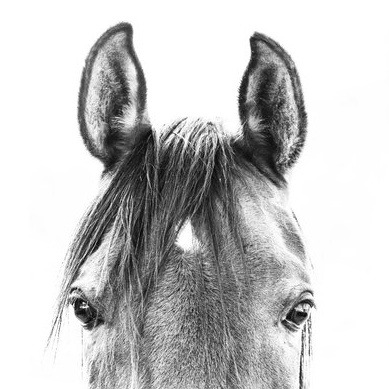
JOIN THE CAUSE. SUBSCRIBE TO OUR MAILING LIST.
You have Successfully Subscribed!
DEMAND AG MINISTER IMPLEMENT A REGULATORY AMENDMENT...
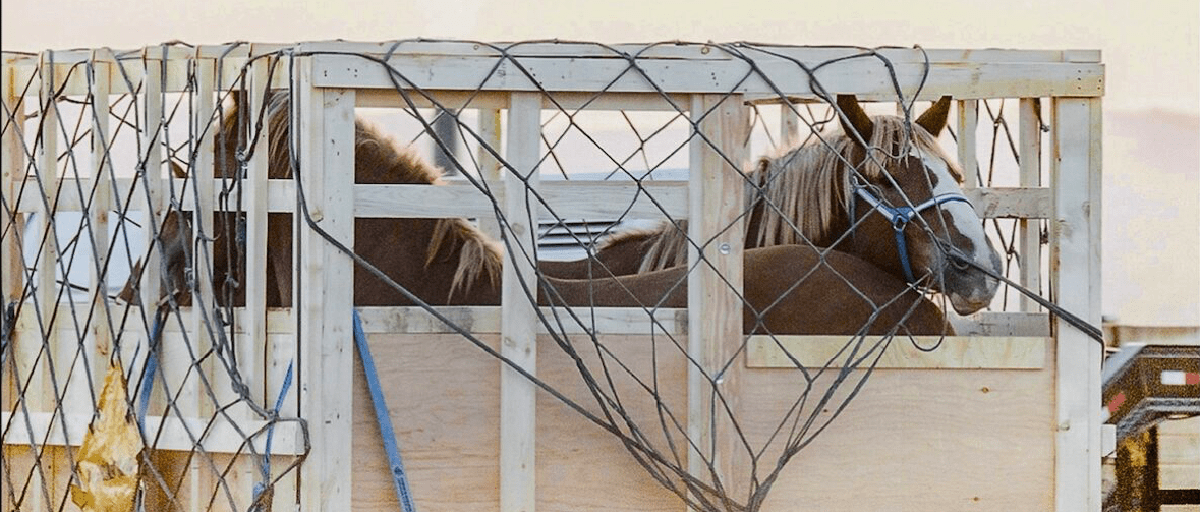
The Honourable Lawrence MacAulay, the current Minister of Agriculture and Agri-Food, has the power to end the inhumane export of horses by air for slaughter by enacting a regulatory amendment.
Help spread the word by sharing this email campaign with friends and family! You can also support the cause by donating—your contribution will help fund advertising efforts to raise awareness and push for change. Every action makes a difference!

